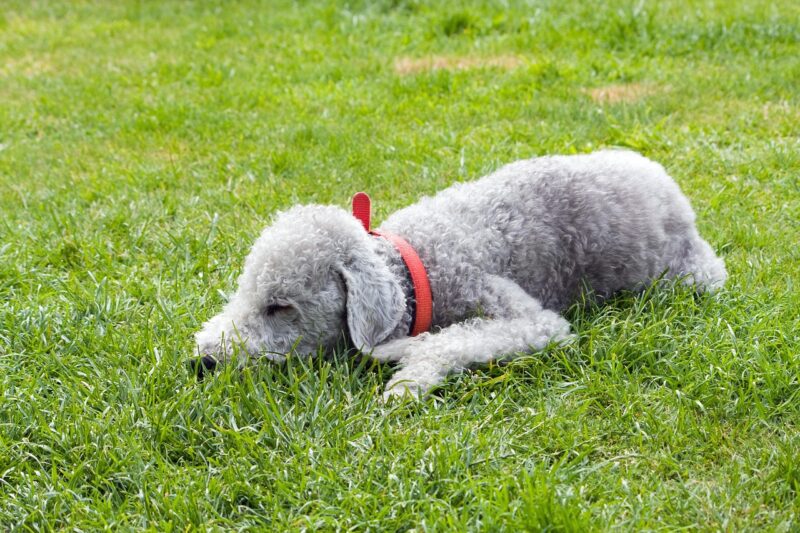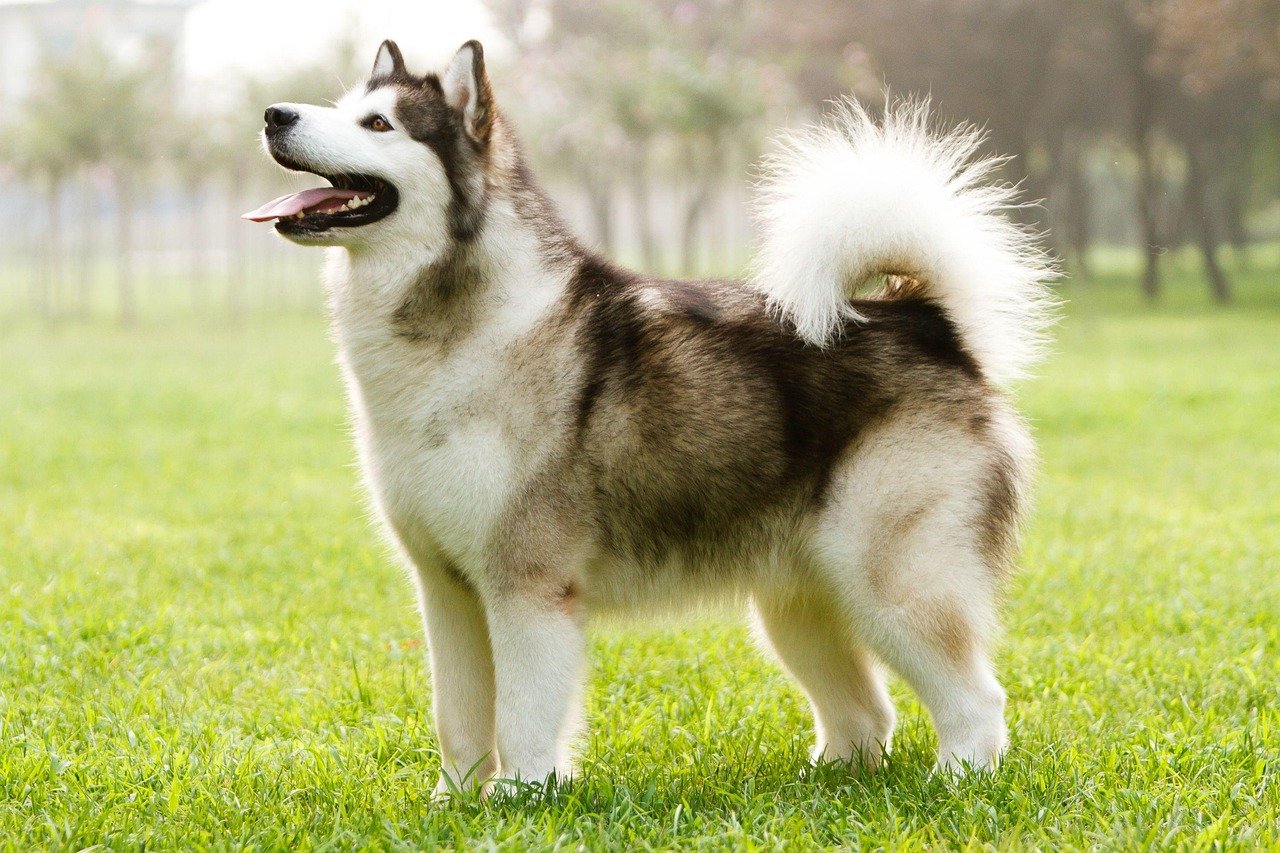The Canaan Dog is one of the oldest domesticated breeds in the world, yet many dog lovers have never heard of it. Originating in the Middle East thousands of years ago, this hardy herding and guard dog was used by Bedouin tribes to protect livestock and camps. Today the Canaan Dog has found a devoted following among modern families, thanks to its intelligence, loyalty and adaptability. In this article we’ll explore the rich history, characteristics and care requirements of this ancient breed, so you can decide whether a Canaan Dog is the right companion for you.
History and Origins
Because of the isolated nature of the desert regions of Israel and surrounding countries, the early development of the Canaan Dog is poorly documented. Experts believe the breed’s ancestors were “pariah dogs” – wild or semi-wild dogs that lived on the fringes of human settlements for centuries. These semi-feral dogs evolved into hardy, adaptable animals with keen senses and strong survival instincts.
During the twentieth century, efforts were made to capture and breed these free-living dogs to preserve their unique traits. Their ancestors were used as camp guardians and herd protectors by Bedouins for thousands of years. In 1948 the newly established State of Israel designated the Canaan Dog as its national breed, and they served as mine detectors and guard dogs during the early years of the country. The American Kennel Club granted full recognition to the breed in 1997.
Appearance and Temperament
Canaan Dogs are medium-sized with a lean, square build. Adults typically stand 19–24 inches tall and weigh 35–55 pounds. They have wedge-shaped heads with pricked ears, almond-shaped dark eyes and bushy tails that curl over their backs when alert. Their double coat consists of a harsh outer coat and a soft undercoat that sheds moderately year-round and heavily during spring and fall. Coat colors range from cream and tan to black and spotted patterns.
The Canaan Dog is extremely alert, watchful and independent. While affectionate with family, they are naturally wary of strangers and make excellent watchdogs. They are gentle with loved ones but protective around unfamiliar people. Early socialization is essential to prevent fearfulness or reactivity. Because they are tuned in to their environment, they may bark at unusual sounds or sights. Consistent training helps prevent nuisance barking. Despite their protective nature, they form strong bonds with their human companions and thrive on positive interactions and mental stimulation.
Exercise Requirements
Although athletic and agile, the Canaan Dog does not require extreme amounts of exercise. Two daily walks totaling about an hour are usually sufficient, along with time in a secure backyard. Most enjoy 30–60 minutes of leisurely walking and may also excel in dog sports such as agility, herding and obedience. They are not suited to being left outside alone all day; interaction and mental challenges are crucial. Without enough engagement, boredom may lead to barking, digging or chewing. Interactive toys, training sessions and games help keep them occupied.
Grooming Needs
Canaan Dogs are low-maintenance compared to many breeds. Their short to medium-length double coat resists dirt and stays relatively clean. Weekly brushing is generally enough, though more frequent brushing helps manage seasonal shedding. Bathing is rarely needed unless the dog is very dirty. Ears should be checked and cleaned regularly, nails trimmed as needed and teeth brushed several times per week. Their easy-care coat makes them a practical choice for busy families.
Training and Socialization
Intelligence is one of the Canaan Dog’s strongest traits. They are quick learners who respond well to positive reinforcement training. However, they can be independent-minded and dislike repetitive drills. Early training and socialization are critical. Expose puppies to a variety of people, pets and environments. Keep sessions short, fun and rewarding with treats, toys and praise. Harsh corrections should be avoided as they can lead to distrust or stubbornness.
Canaan Dogs excel in activities that challenge their minds and natural instincts, such as agility, rally obedience and scent work. Because of their natural caution around strangers, ongoing socialization is needed throughout life. With proper training, they become confident, polite companions both at home and in public.
Health and Lifespan
Canaan Dogs are generally healthy, with an average lifespan of 12–15 years. Some hereditary issues can occur, including:
- Hip and elbow dysplasia
- Patellar luxation
- Progressive retinal atrophy (PRA)
- Hypothyroidism
- Other eye disorders
Reputable breeders perform health testing to minimize risks. If buying a puppy, request documentation of parental health screenings. Regular vet visits, a balanced diet and consistent exercise are essential for long-term health.
Diet and Nutrition
Canaan Dogs thrive on high-quality commercial dog food formulated for active medium breeds. Most do well on two measured meals per day, with portions adjusted to their age and activity level. Free feeding is not ideal, as it makes monitoring intake difficult. If you choose a home-prepared diet, consult with a veterinary nutritionist to ensure balanced nutrition. Fresh water should always be available. Some Canaan Dogs may have sensitive stomachs, so transition diets gradually and choose foods made for digestive health if needed.
Finding a Canaan Dog
Because this breed is rare, finding a reputable breeder or rescue may take time. Expect waiting lists if you want a puppy. In the U.S., prices typically range from $800 to $1,200. Ask breeders about health testing and request to meet parent dogs when possible. Rescue organizations and breed clubs sometimes have Canaan Dogs available for adoption. Always avoid pet stores or online sellers without proof of responsible breeding practices. Adoption is a great way to give a dog in need a loving home.
Is a Canaan Dog Right for You?
The Canaan Dog is a unique and rewarding companion for the right household. They thrive with owners who value loyalty, intelligence and vigilance. Daily mental and physical stimulation, consistent training and socialization are essential. Their wariness of strangers makes them excellent watchdogs, but this also requires owners who can manage their protective instincts. If you want a hardy, low-maintenance dog with a rich history and a strong bond to its family, the Canaan Dog may be an excellent fit.
Conclusion
From their ancient roots in the deserts of the Middle East to their role as cherished companions today, Canaan Dogs have a fascinating history. Their loyalty, intelligence and moderate exercise needs make them well-suited to many households. With responsible breeding, training and care, the Canaan Dog will reward you with years of companionship and devoted guardianship.




